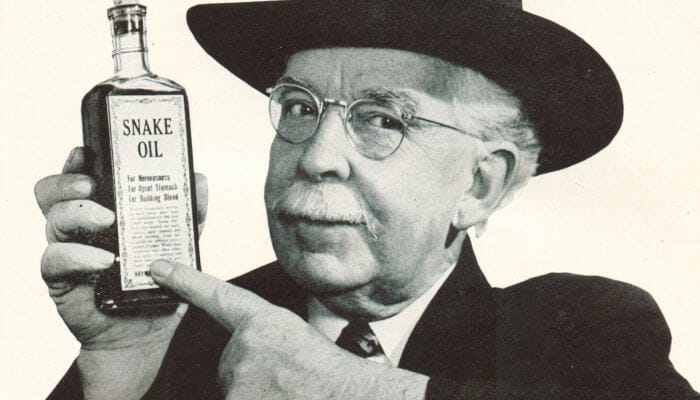I’ve seen how even the most intelligent and perceptive people can be swayed by misinformation, leading to costly mistakes. This has made me reflect on my own struggles, especially in an industry like construction, where dishonesty and fraud are rampant.
Construction is one of the most problematic industries in terms of honesty and often ranks first in complaints.1 Contractors, trades, engineers, construction lawyers, etc. present themselves as knowledgeable, but that doesn’t always mean they know what they are talking about. Meanwhile, the person who actually knows the facts—whether it’s a friend, acquaintance, or even your own instinct—gets brushed aside. Why do we keep falling for bad advice? Why is it so hard to tell when we’re being duped? And how can we stop?
I’ve made plenty of bad decisions—ones I’ve beaten myself up over, questioning my judgment and wondering if I just wasn’t smart enough. But plenty of highly intelligent people make poor choices. Research by Daniel Kahneman, Nobel Prize winner, author of Thinking, Fast and Slow (see Repository), and others shows that intelligence doesn’t protect against cognitive biases and may even amplify them. The good news is decision-making is a skill you can develop.





